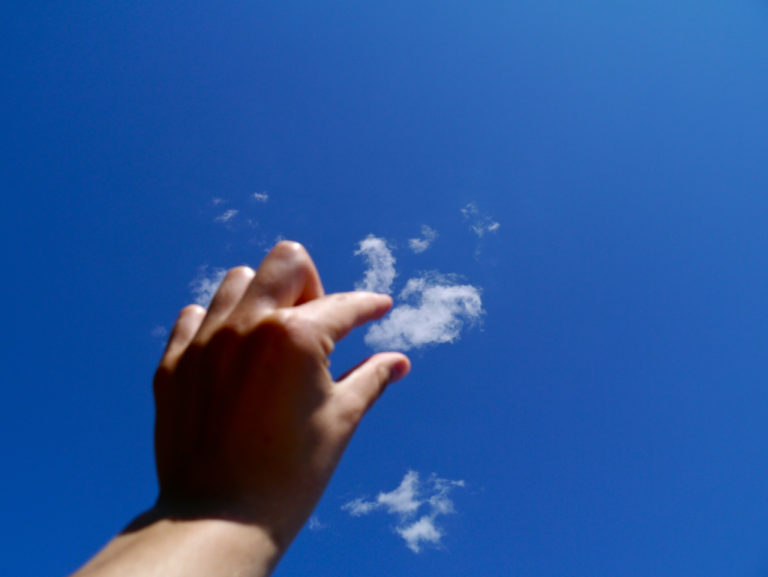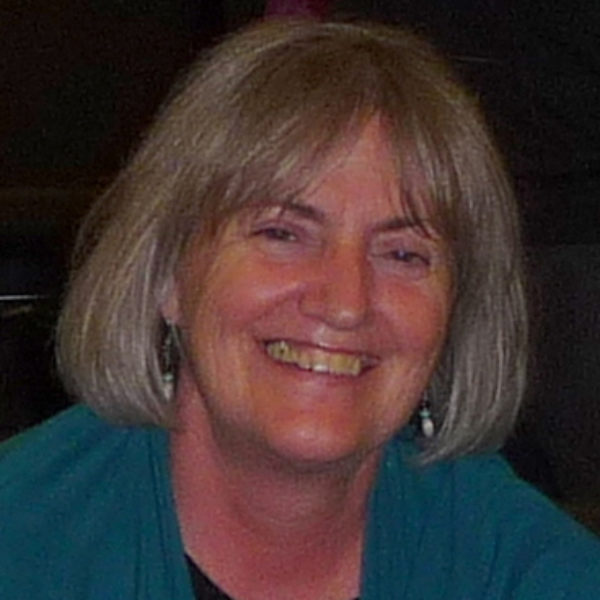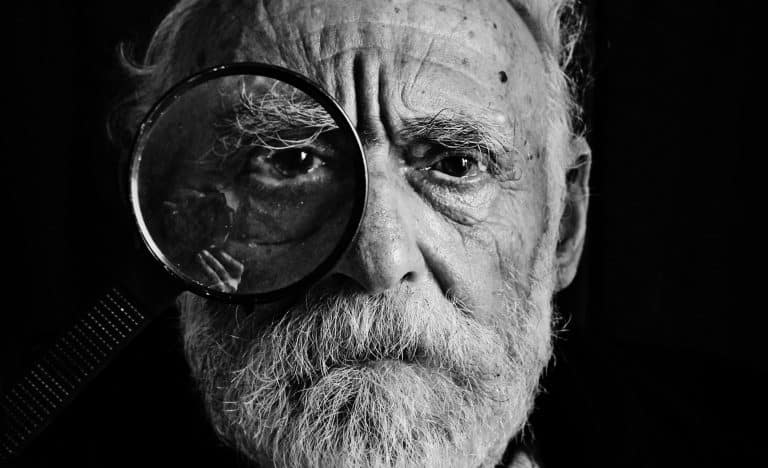
Image by Shena Tschofen/Flickr (CC BY-NC 2.0).
Listening to Our Ghosts: Pilfering with Privilege
Following the suggestion of Courtney E. Martin to “talk to” my own “ghosts” (To Be White and Reckon with the Death of Michael Brown), I find myself preoccupied with the “demonization” of Michael Brown, the implicit suggestion that stealing some cigarillos could justify his killing. There is a wrenching in my gut every time I imagine the scene in Ferguson, a tangible grief over the loss of yet another young life. I think of my own children at that age and recognize how accidents of birth and circumstance, and, yes, privilege, have brought them all into full adulthood alive and well.
And here is the hard part, where my ghosts rise up to instruct me: I remember every minor crime I have ever committed, as well as those of my white friends and family members, for which there were only minor, if any consequences, and for which we certainly did not risk or lose our lives: every petty theft, every traffic violation, every trespass, every illegal purchase and use of drugs and alcohol.
I can’t stop thinking about the shoplifting girls in high school, children of affluence, who swept through boutiques and specialty shops on a class trip with fingers so sticky that the school got a call of complaint from the merchants’ association the next day; their collective losses had been substantial. Although my memory is a bit fuzzy on this, I believe a bake sale was held to raise reparations funds to accompany the letter of apology that was sent. No arrests or prosecutions, no one chasing the young ladies out of the stores, no police searching for them on the streets, not even a whisper of violence. A bake sale.
We Americans are familiar with the disparities in perception, prosecution, and punishment of crimes depending upon the race of both victim and perpetrator. Our scandalous record is well-documented and even relatively well-reported. We know, and can no longer claim or feign ignorance. We know. And yet, not much changes.
Somewhere near the core, and certainly at the heart of this issue is our failure to see that we are One. As long as we can define another human being as “other” — not me, not my son — we lengthen the distances between ourselves, heightening and fortifying barriers of race, class, gender, sexual orientation, religious affiliation, political persuasion, whatever category resonates with our fear and insecurity; we humans seize on just about anything to distinguish ourselves from each other in order to feel less lonely, more loved, as if we belong. And all of this just results in more judgment, distance, intolerance.
As I consult with my own ghosts, I try to imagine what might help bring us humans together, help us to see our inextricable connection to each other and to understand how warped a system of justice is that metes out such vastly unjust consequences for the same acts.
I have been struck in recent days with the massive success of the ALS fundraising “Ice Bucket Challenge” — a lighthearted effort to raise money for and awareness about a heart-heavy, dreadful, and deadly disease. I am wondering if a similar campaign, albeit involving more personal risk, could help change both our national conversation and the perceptions that continue to fuel bigotry, intolerance, and fear, both conscious and not.
So here’s a suggestion to nip all of this finger-pointing and self-absolution in the bud and help build bridges of connection and healing. Let’s take a collective breath and share our Pilfering With Privilege stories, white America. Lovingly invite each other to step up, listen to our ghosts, and acknowledge our own capacity for poor judgment, for making mistakes that are a breach of the law. What have you done that could have escalated into serious trouble if discovered or seen through a racial lens? How has your own privilege protected you and your beloveds? What bad decision did your child-self make before you became hard-wired for sound judgment, as most humans do, somewhere in your early to mid-20s?
Let me be the first to tell my story of Pilfering with Privilege. I didn’t palm cigarillos; I stole candy. Not only that, my crime was a betrayal of trust. From time to time (OK, it may have been frequently), I stole a Mallo Cup from the box of candy-for-sale with which I was entrusted during recess when I was in fifth or sixth grade. I have no idea why I did this. Had my own demographics been different and had I been caught, at the least I would have been expelled, at worst prosecuted, possibly ending up in a juvie program somewhere. And then there are the shoplifting girls. Imagine what the response would have been had they been black, especially black males?
How about you? What story is your ghost whispering in your ear? Muriel Rukeyser observed that the universe is made not of atoms, but of stories. Perhaps telling our stories of the common experience of youthful indiscretion can help create a world of connection and compassion for all of us in our frailty, reinforce our common humanity, stop us from dividing the world into “good” ones and “bad” ones, help us claim and honor the truth of our Oneness.
Please feel free to make yourself vulnerable on this page or anywhere else you choose. If enough people were willing, we could start a public Pilfering with Privilege campaign; those sufficiently brave and technologically able could video their story and post it on Facebook. Dumping ice water on ourselves for a worthy cause in a public forum is a very good thing to do, but, let’s face it, .it’s relatively easy and essentially self-congratulatory. Confronting and acknowledging even one small part of our place and privilege in a structurally unequal system is much more difficult, but is an excellent, courageous, and transformative thing to do, for our good and the good of all. Any volunteers?


Share your reflection